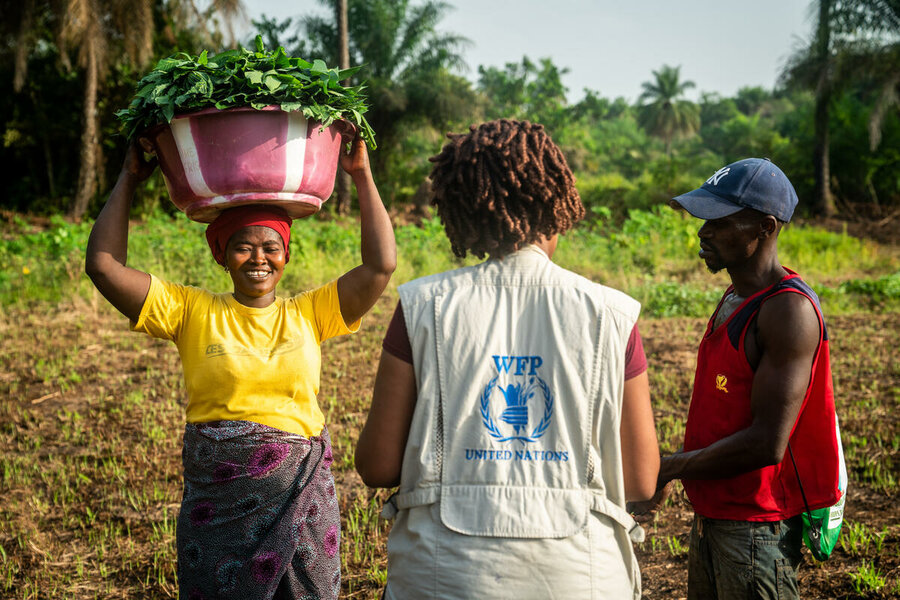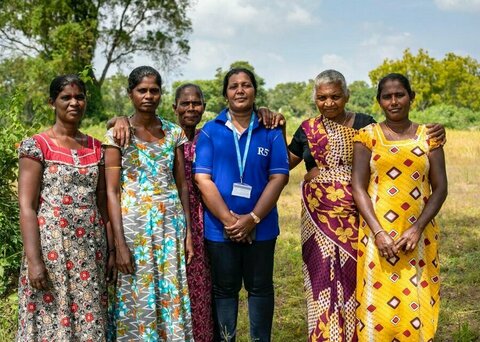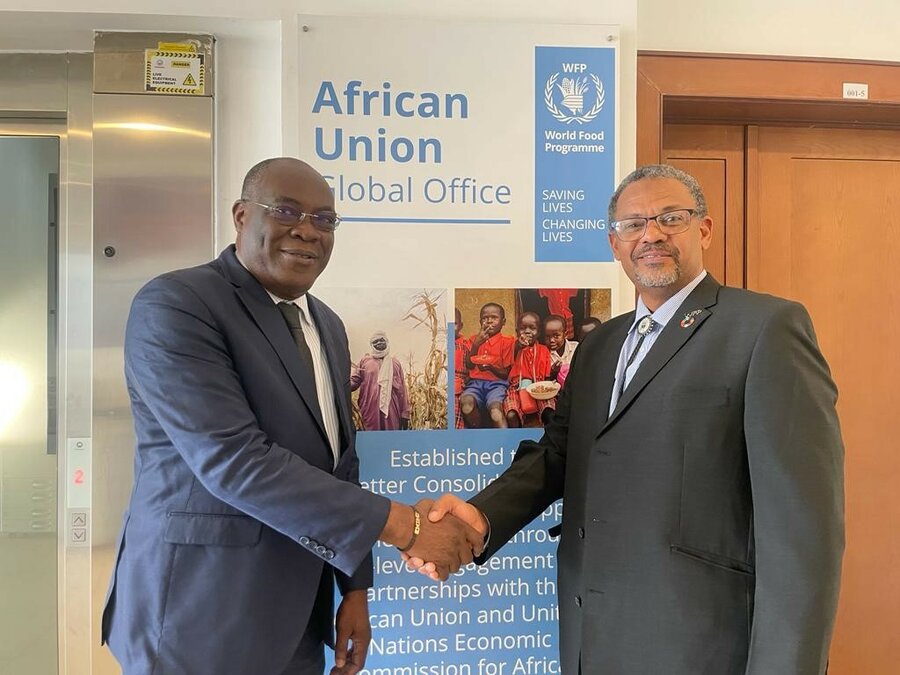
We often hear that Africa is a place of multiple challenges - hunger, conflicts and erratic weather driving millions of people into food and nutrition insecurity and ever deeper into poverty. We also know that Africa is a land of plenty, full of potential. Be it in its vast arable lands, resources, its rich and diverse cultures, or the love we have for our communities and neighbours: this is the Africa I know.
The resilience and entrepreneurship of its people - more than 75 percent are below the age of 35 - position the Continent as a strategic player in international social-economic affairs. Sadly, however, we do not hear much of the opportunities, the prospects or the vision and efforts of its leaders in ensuring the Continent thrives despite the challenges.
The WFP values saving lives and changing lives

This year, we marked Africa Day, as we do each year on 25 May, and the founding of the Organization of African Unity. The OAU later transitioned to the African Union (AU), and I want to take this opportunity to reflect on some of our triumphs and highlight the role of WFP partnering with governments and communities to change the narratives and contribute to transformations on the Continent.
Our history in Africa is as vast and diverse as the Continent itself. We first set foot in Africa 60 years ago with the launch of WFP's first development programme for the Nubian people of Sudan in 1963. That same year, we launched WFP's first school meals project in Togo.

Today, Africa is at the heart of WFP operations. The agency spends more than 50 percent of its global assistance in Africa and has remained a key strategic partner for the AU and its member states to help reset the trajectory towards zero hunger.
As the largest humanitarian agency on the Continent, WFP saves lives; and, with a strong focus on development, it changes lives. In 2022, we reached over 78.6 million people in Africa thanks to our 10,000-strong staff across 46 countries.






